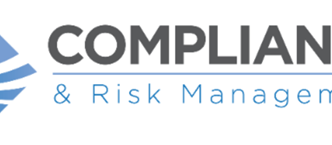Under a Safe Harbor in the MLA rule, a credit union may exclude a Bona Fide credit card fee from the MAPR if the fee is considered “reasonable.” This means that the fee must be less than or equal to the average fee for the same or similar product charged by five separate card issuers, that each have at least $3 billion in outstanding credit card balances at any time during the three-year period preceding the time the average is determined.
Currently, there are approximately 20 large card issuers that meet this requirement and only one of those is a credit union—Navy FCU. Together these card issuers have about 260 card agreements in the CFPB’s Card Agreement Database. However, many of the agreements are Private Label cards. Only about 85 of the agreements would appear to be useful for MLA purposes.
The exclusion generally applies to finance charges under Reg. Z such as cash advance fees, foreign transaction fees, balance transfer fees, transaction fees for purchases and minimum interest charges. Other charges, which are not finance charges under Reg. Z, such as a late fee or an over-limit fee are not included in the calculation of the MAPR anyway, so the exclusion would not apply to such fees. Also, the exclusion does not apply to fees or premiums for credit insurance, fees for a debt cancellation contract, fees for a debt suspension agreement, or to fees for a credit related ancillary product. Those fees must be included in the calculation of the MAPR. Read more at the InfoSight newsletter.





